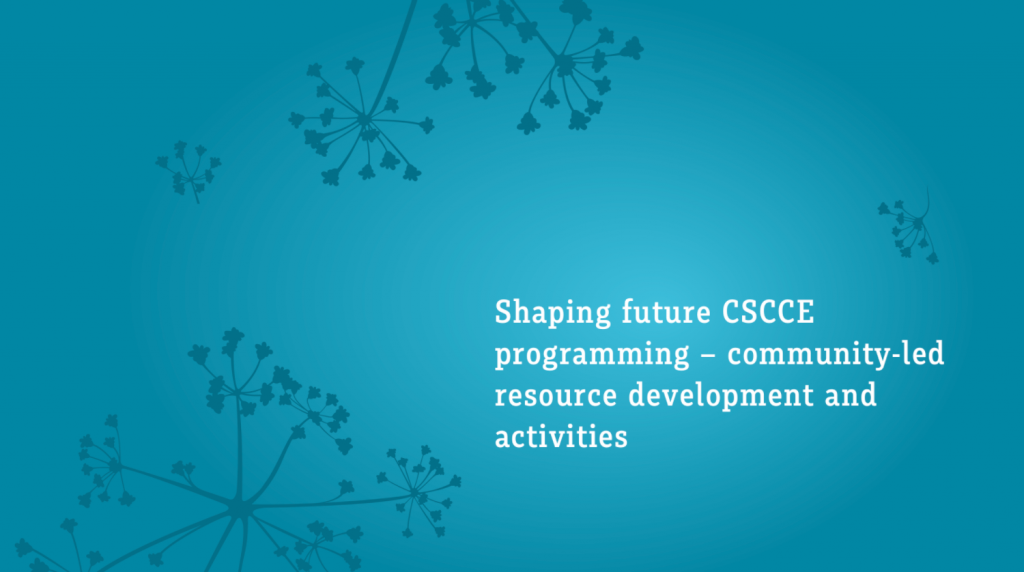In late February, we relaunched our Community Tools Trials. This time around we’ve adjusted the format to provide the time and space to solve a specific challenge related to hosting online events each month, by pooling the diverse experiences and knowledge of the members of our community of practice.
Our earlier tools trials, “Tools Trials 1.0,” took a methodical approach to testing a variety of events platforms, with a primary focus on how the tool worked and what kinds of events it would be suited to (you can read our recap blog posts here). This series, however, “Tools Trials 2.0,” is putting the specific use case first, and then figuring out a solution (or choice of solutions!) that is engaging, inclusive, and accessible.
The first of the 2.0 series took place on 25 February 2021, and focused on virtual networking events. Community member Rachael Ainsworth of the Software Sustainability Institute wanted to test out an icebreaker idea with a sizable group, as well as have a larger discussion about what icebreakers work online, what platforms are out there, and how different users might experience the event.
Continue reading “CSCCE Community Tools Trial 2.0 Recap: Virtual networking events”
